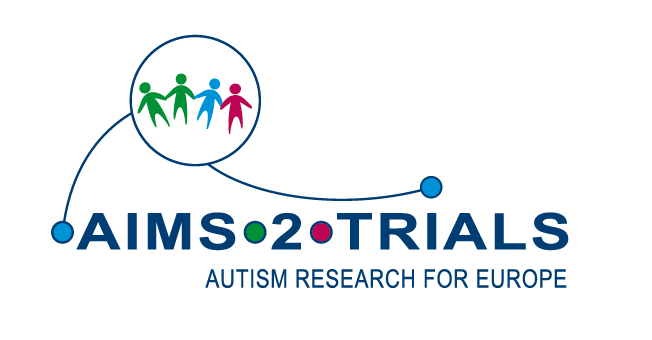Central Institute of Mental Health
Zentralinstitut Für Seelische Gesundheit, Mannheim, GermanyGeneral Information
The Central Institute of Mental Health (CIMH), Mannheim is an independent public foundation associated with the University of Heidelberg, and one of Europe’s premier research institutions dedicated to mental health. It combines an active clinical inpatient (300 beds) and outpatient program in adult psychiatry, addiction, childhood and adolescent psychiatry and psychotherapy and hosts numerous research facilities. The CIMH’s outstanding research equipment includes two dedicated research fMRI scanners (3T), one PET-MRI scanner, one animal fMRI scanner (9.4 T), several EEG systems (up to 72 channels) for resting and task assessment as well as for concurrent EEG-fMRI recording, one MEG device, technologies and analysis pipelines for biofeedback and neurofeedback, and remote monitoring technologies for ambulatory assessment and environmental research.
The CIMH hosts high-throughput facilities for genotyping and molecular biology, neuropsychology, translational psychiatry, and neuroimaging for promotion treatment and research in neuropsychiatric disorders across the lifespan, including autism spectrum disorder (ASD) and attention deficit hyperactivity disorder (ADHD). The Clinic for Child and Adolescent Psychiatry (CAP) is specialized in imaging research in children, adolescents, and adults with a focus on ASD, ADHD, and aggression with their typical comorbidities, and on genetic (G), environmental (E) and GxE imaging in longitudinal work focusing on risk factors. The Department for Psychiatry and Psychotherapy is specialized in systems neuroscience and the identification of G-E interactions on the level of brain circuits for the identification of protective and risk factors in major psychiatric disorders following a dimensional approach.
Role in AIMS-2-TRIALS
Linking the biomarkers of autism and data analysis projects, CIMH will be critically involved in biomarker discovery and validation. As core data acquisition site for the Longitudinal European Autism Project (LEAP), CIMH will reassess the local participants for the LEAP wave 3. CIMH will be responsible for the core analysis of the LEAP task-fMRI data and will be involved in the optimization of domain-specific (i.e. task-fMRI) analysis pipelines, along with the harmonization of the data to a common standard. Building upon these analyses, CIMH will contribute to the generation of normative models by analysing and providing phenotypes of brain function derived from task-fMRI. CIMH will also participate in the identification of stratification markers based on existing EU-AIMS and new LEAP data sets as well as by integrating data with other existing cohorts.

Andreas Meyer-Lindenberg
Director

Tobias Banaschewski
Professor

Sarah Baumeister
Postdoctoral Researcher

Daniel Brandeis
Professor

Sarah Hohmann
Senior Medical Doctor

Mirjam Melzer
Lab Manager

Carolin Mössnang
Postdoctoral Researcher

Robin Seitz
Research Assistant

Heike Tost
Professor









